Trump Secures Another Trade Deal?
New 15% Tariff Plan Raises Questions for Italian Exporters and Conservative Leaders
ROME — Italian Prime Minister Giorgia Meloni gave a cautious thumbs-up to a new trade framework between the European Union and the United States—one that imposes a 15% import tariff on most EU goods entering the American market. While Meloni welcomed the agreement as a “positive” sign of stability, she warned that the devil is in the details.
“It’s good news that a deal was struck,” Meloni said during a visit to Addis Ababa. “But without seeing the full text, it’s hard to offer a full judgment.”
Italy’s Trade Surplus with U.S. at Risk?
Italy currently enjoys a trade surplus of over €40 billion with the United States—making it one of Europe’s top exporters to the American consumer market. Key sectors include machinery, automotive parts, fashion, and food products, many of which could face higher costs due to the new 15% U.S. tariff.
The concern now is whether these new duties will be layered on top of previous tariffs—a move that could hit small and medium-sized Italian manufacturers particularly hard.
Meloni’s Nationalist Government Pushes for Stability, Not Conflict
Meloni’s conservative government—which includes Deputy Prime Ministers Antonio Tajani of Forza Italia and Matteo Salvini of the League—has long argued against escalating trade conflicts with Washington. The coalition believes in maintaining strong ties with the U.S. while also protecting Italian jobs, industry, and national sovereignty.
In a joint statement, Meloni and her allies said the agreement “brings welcome stability” to transatlantic trade, especially if the new tariff rate is not stacked on top of older trade penalties.
Support Measures for Italian Industries in the Pipeline
Meloni also stated that Rome is prepared to offer targeted support to industries hit hardest by the deal—but called on the European Union to do its part as well.
“We’re ready to act at the national level,” she said, “but Brussels must also step up with aid programs to protect vulnerable sectors across the continent.”
What It Means for U.S. Conservatives Watching Europe
For American conservatives tracking global trade and Biden’s economic policies, this new EU-U.S. deal is one more example of Washington’s growing use of tariffs—with major implications for international commerce, consumer pricing, and foreign policy. While President Trump fought for fairer trade through tariffs that directly benefited American workers, this deal raises the question: Who really gains under Biden’s leadership?

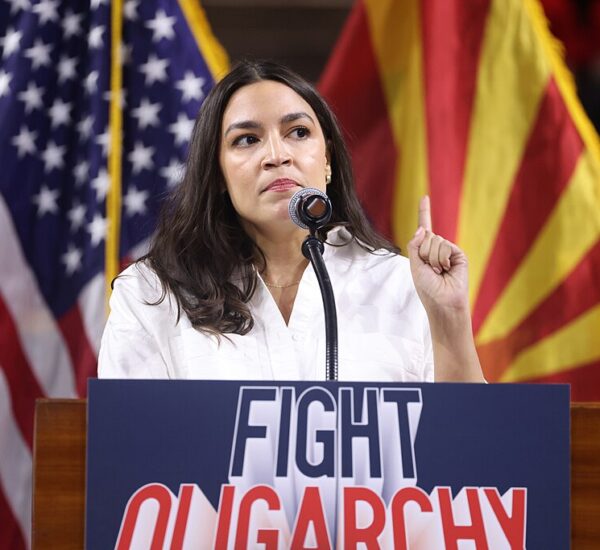
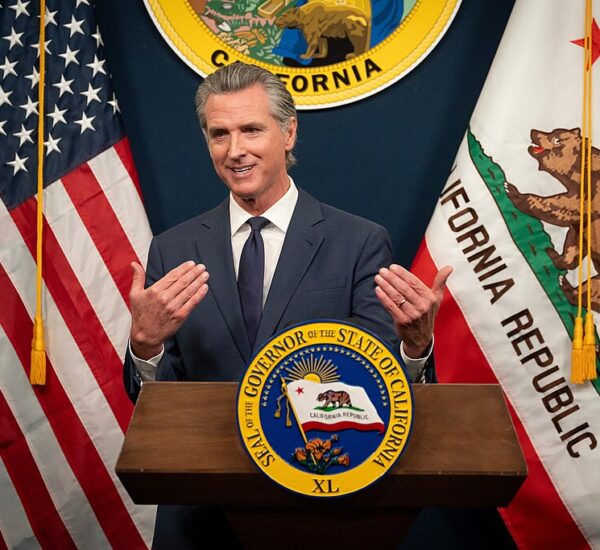
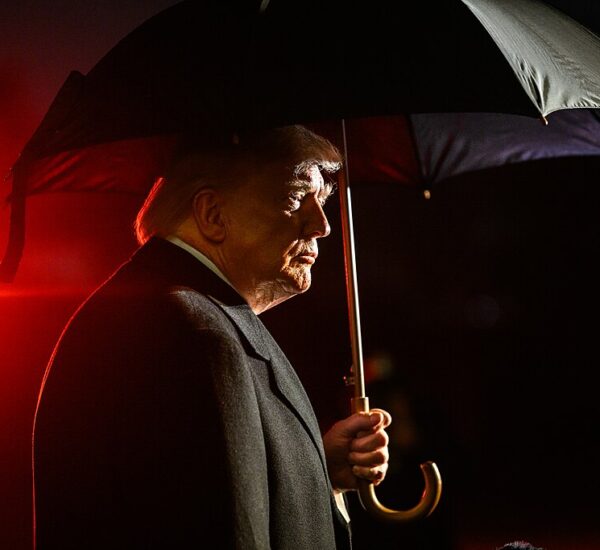
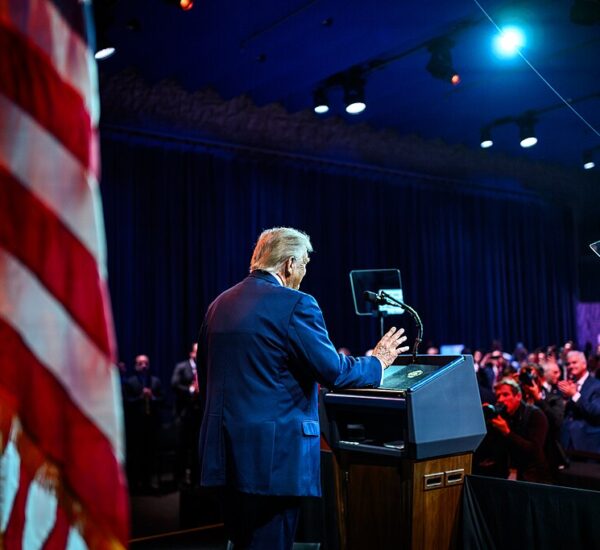
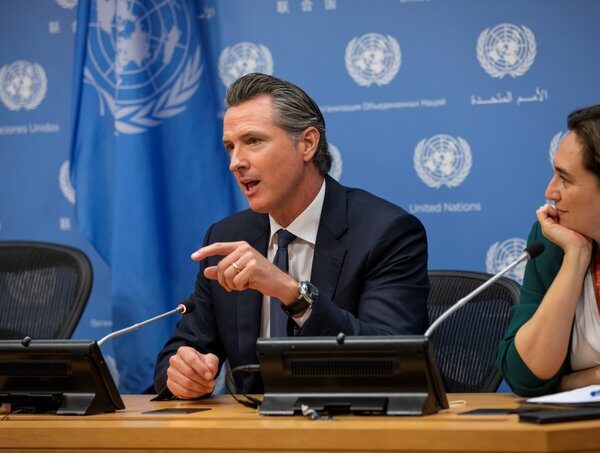
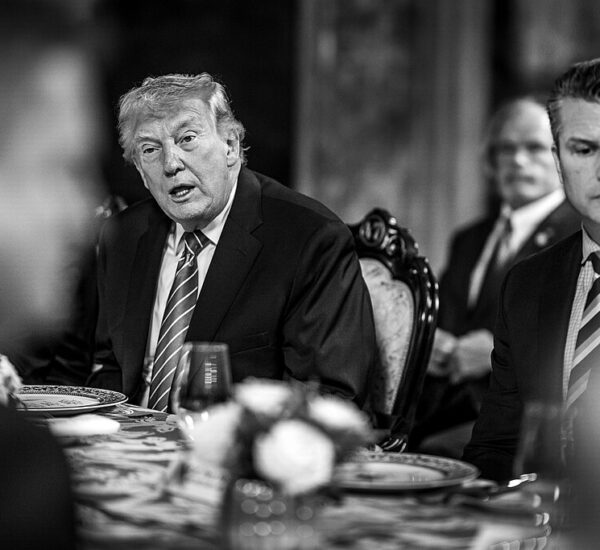
https://shorturl.fm/ADN2M
https://shorturl.fm/uU3gx
https://shorturl.fm/vpPqm